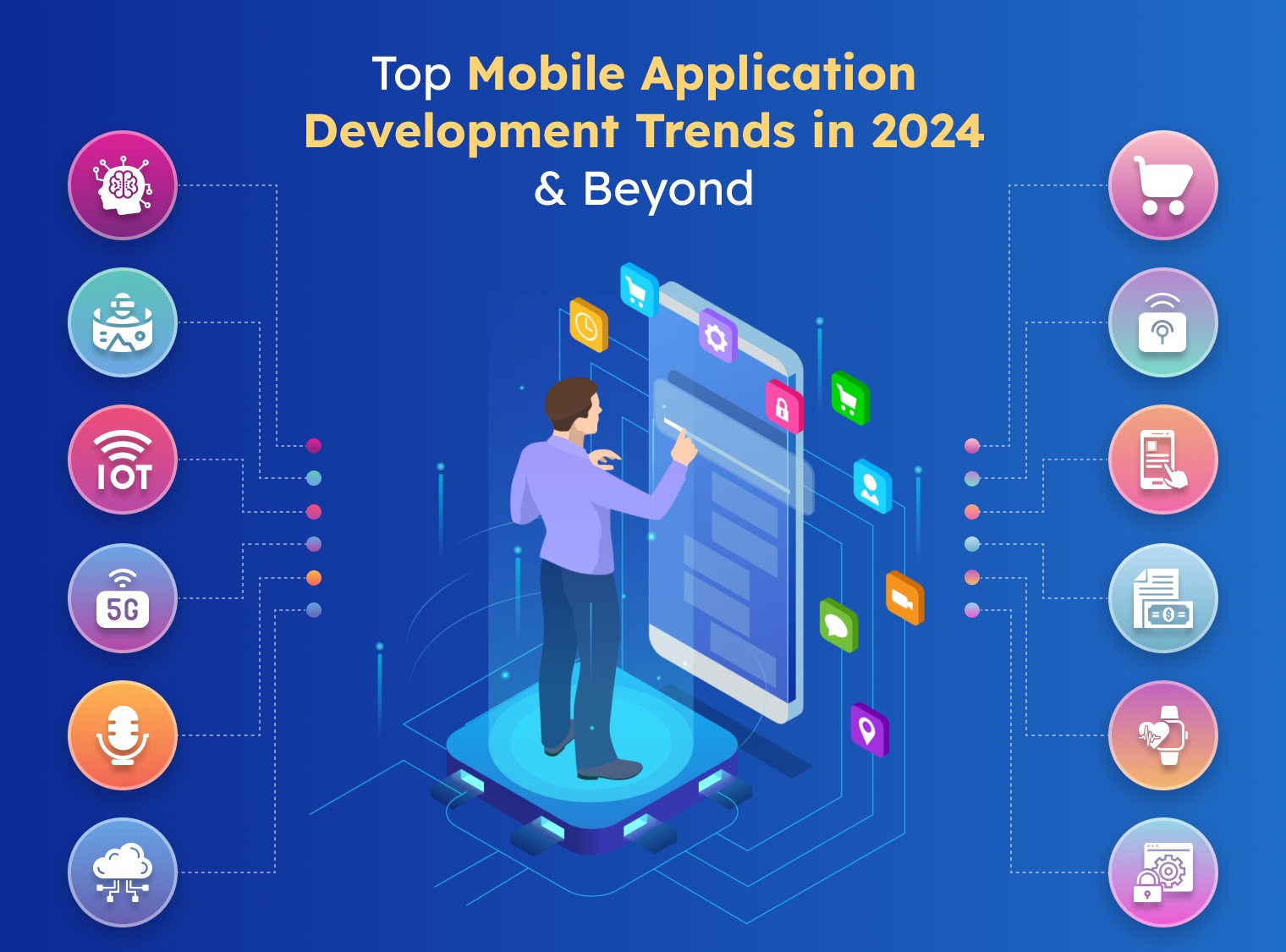Mobile App Development
Mobile app development involves creating software applications that run on mobile devices such as smartphones and tablets. Here's an overview of the key steps involved in mobile app development:
Idea and Conceptualization: This stage involves brainstorming ideas for the app, identifying its purpose, target audience, and key features. Conducting market research and competitor analysis can help validate the app concept.
Planning and Design: Once the app concept is finalized, the next step is to create a detailed plan and design for the app. This includes defining the user experience (UX) and user interface (UI), creating wireframes and mockups, and developing a navigation flow.
Development: Developers use programming languages such as Java or Kotlin for Android apps, and Swift or Objective-C for iOS apps, to build the app's functionality. They also leverage software development kits (SDKs) and frameworks provided by the respective platforms (e.g., Android SDK, iOS SDK) to access device features like camera, GPS, and sensors.
Testing: Testing is a crucial phase to ensure the app works as intended and provides a seamless user experience. This includes functional testing, usability testing, performance testing, and compatibility testing across different devices and operating system versions.
Deployment: Once the app is thoroughly tested and approved, it's submitted to the respective app stores (e.g., Apple App Store, Google Play Store) for review and approval. After passing the review process, the app becomes available for download and installation by users.
Maintenance and Updates: Mobile apps require ongoing maintenance to address bugs, enhance performance, and introduce new features based on user feedback and market trends. Regular updates are released to keep the app relevant and competitive in the app store.
Throughout the development process, collaboration between designers, developers, testers, and product managers is essential to ensure the app meets quality standards and user expectations. Additionally, staying informed about the latest mobile app development trends, technologies, and best practices is crucial for creating successful and impactful mobile apps.


